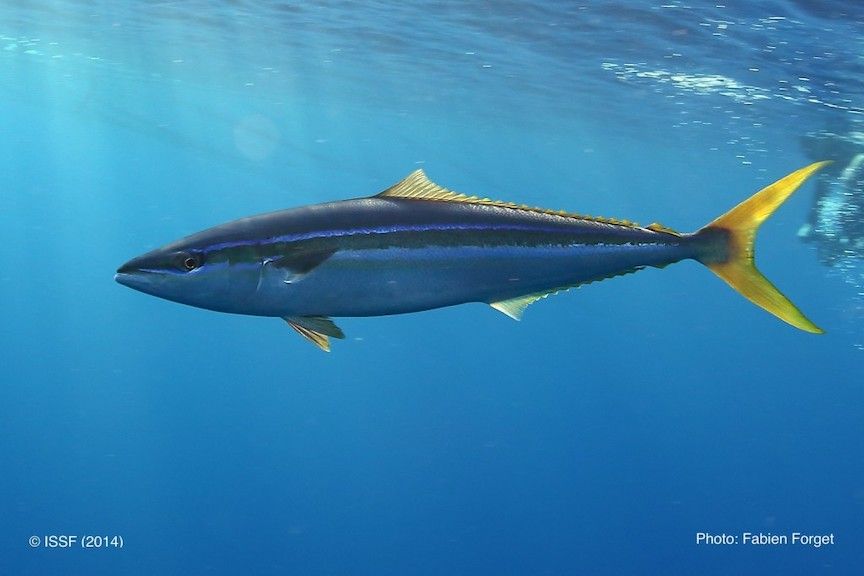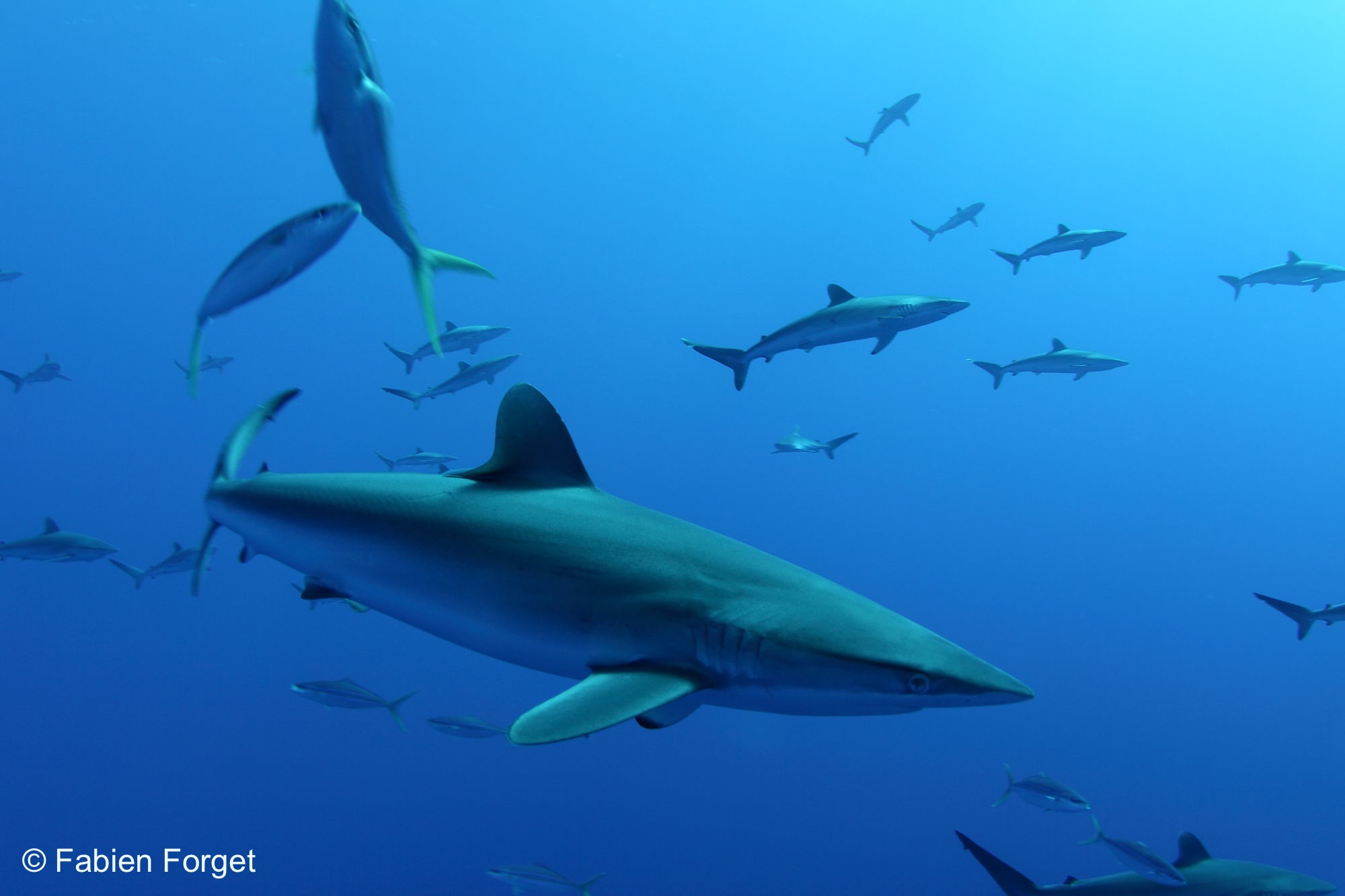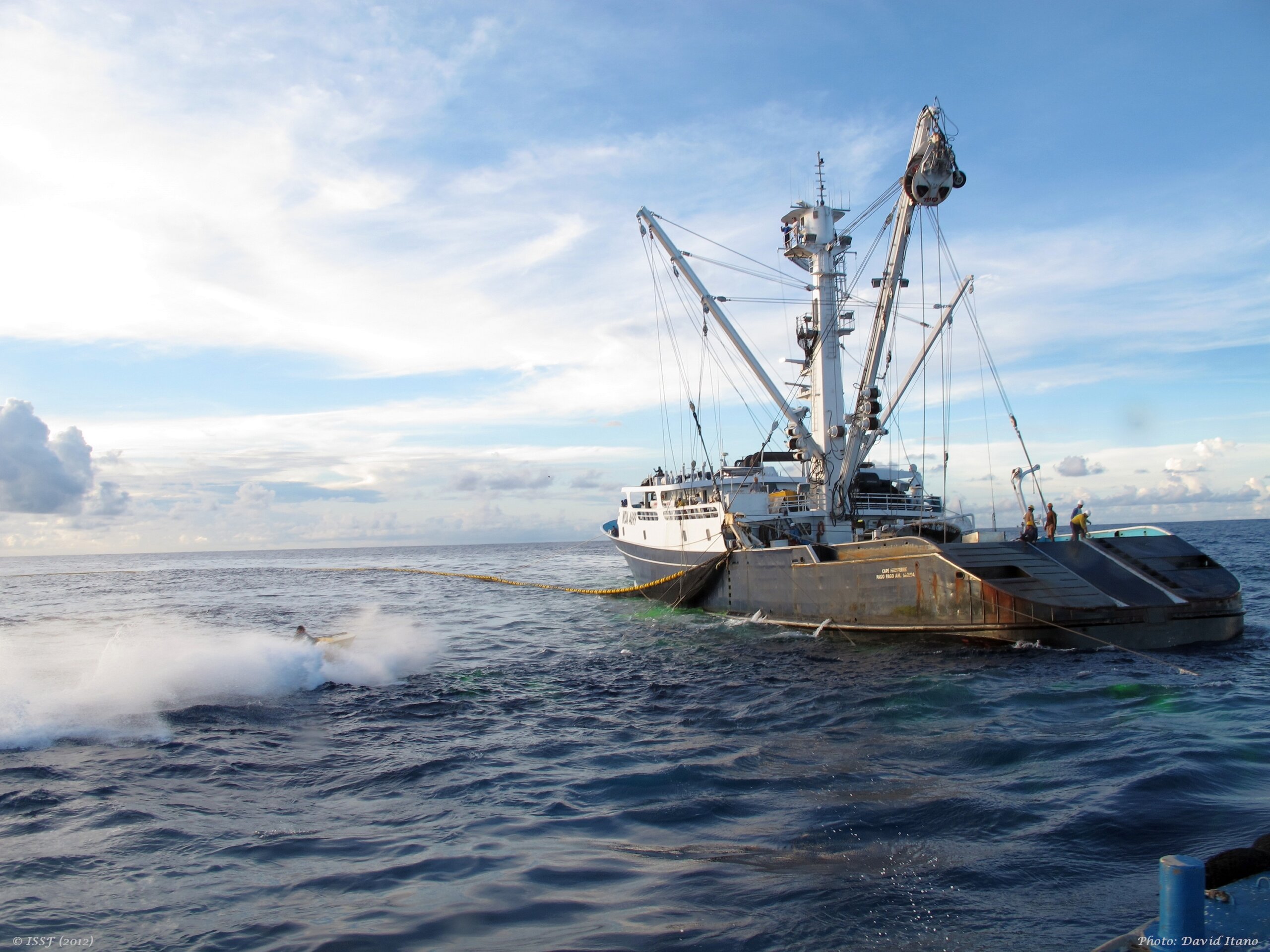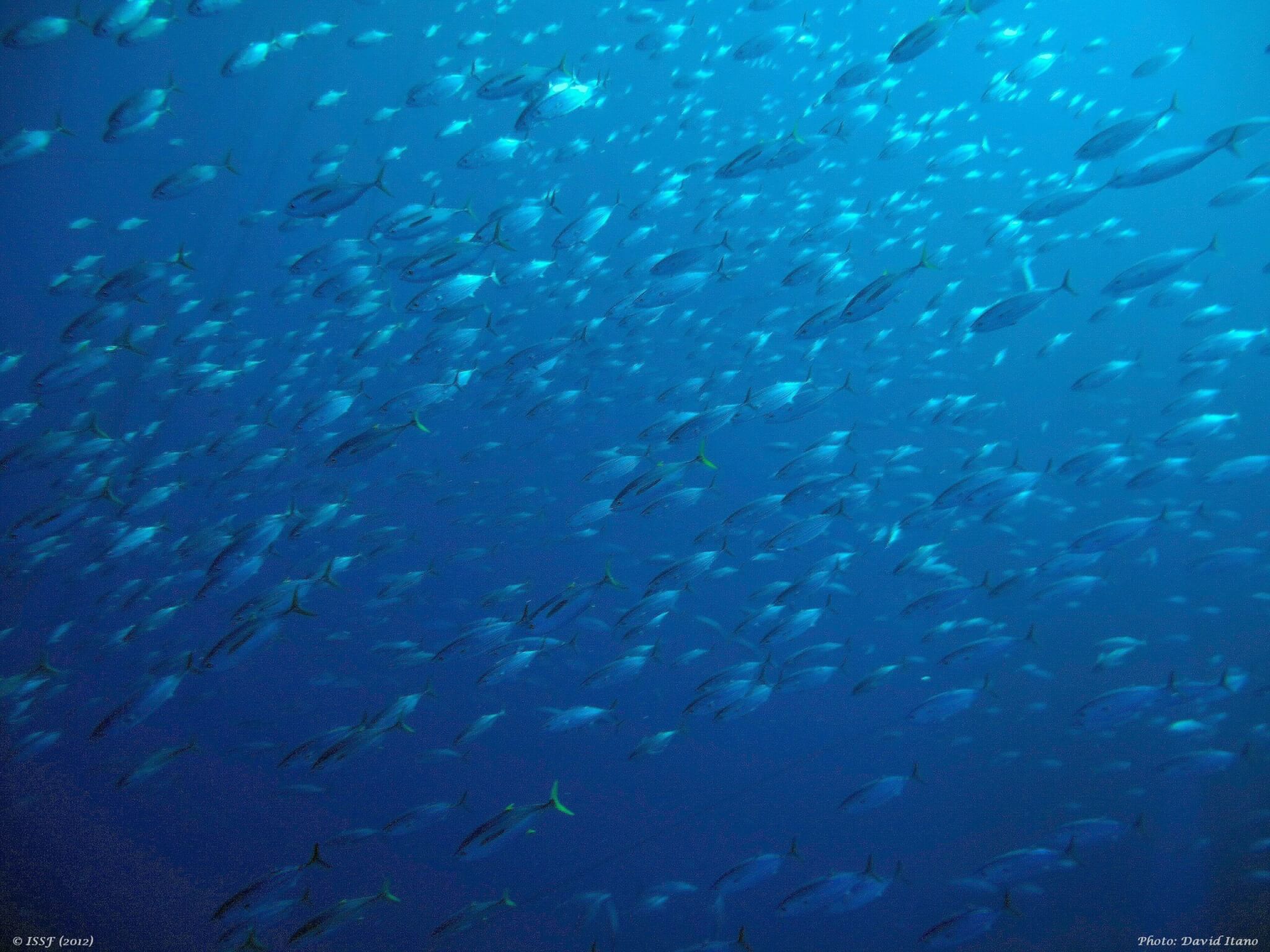
ISSF Reviews ICCAT Annual Meeting
The International Seafood Sustainability Foundation (ISSF) is welcoming some progress for Atlantic Ocean tuna fisheries as the annual meeting of International Commission for the Conservation of Atlantic Tunas (ICCAT) concludes. We are pleased to see that the Commission made gains overall, specifically in adopting its second management procedure, advancing compliance improvements, and adopting measures for the protection of non-target species and sharks.
Here is a review of the outcomes of the ICCAT meeting against our organization’s top asks as outlined in our 2022 position statement.
Harvest Strategies
ISSF and partners have been consistently pressing for the accelerated adoption of harvest strategies for tunas across all regional fisheries management organizations (RFMOs).
At this year’s meeting, ICCAT adopted a harvest strategy (management procedure) for bluefin tuna. This is the first harvest strategy in Commission history for this species and the second harvest strategy adopted by ICCAT overall. ISSF asked ICCAT to also accelerate the development of harvest strategies for tropical tuna stocks in 2023, and the Commission is making headway here, too. These developments are welcome news. ICCAT must now continue advancing this work for the long-term protection of all Atlantic Ocean tuna stocks.
Tuna Conservation and FAD Management Measures
This year, ISSF urged action to maintain Atlantic Ocean bigeye and yellowfin tuna stocks at sustainable levels. The Commission partially addressed this need by extending its current tropical tuna measure. Keeping the measure in effect into 2023 ensures the current safeguards for these tuna stocks remain in force.
We regret, however, that certain critical elements of the measure were not strengthened. For example, the Commission did not address the matter of total allowable catch (TAC) allocation among Commission members. TACs need to be completely allocated so that non-compliances can be identified. We are hopeful that this topic will be tackled intersessionally.
In addition, the ISSF position statement detailed asks for improved FAD management measures, including a timeframe to transition to FADs without nets and to those made primarily with biodegradable materials, as well as the development of FAD recovery policies, marking schemes, and ownership rules. Unfortunately, ICCAT fell short in meeting our urgent request to manage FADs more comprehensively.
Compliance Committee Action
Another bright spot at the ICCAT meeting came with improvements to its compliance processes. Ahead of the meeting, ISSF’s requested the ICCAT Compliance Committee address non-compliance by member nations with fish aggregating device (FAD) data reporting requirements. Without accurate and complete reporting of data on FAD use by Commission members, management measures cannot be fact based or meaningful. We are therefore pleased that these requirements were reviewed and the reporting format for historical data on FAD sets was clarified.
Also of note, the Compliance Committee adopted a Schedule of Actions for compliance issues and a Recommendation on the use of the Integrated Online Management System. Both of these actions will enhance the efficiency of compliance reviews and were among those recommended by Expert Workshops on Best Practices in Compliance in RFMOs. ISSF is pleased ICCAT is taking the issue of compliance reforms seriously.
Protections for Sharks and Turtles
Overfishing of shortfin mako sharks in the Atlantic Ocean and an associated decline in the species spurred ISSF and NGOs to demand that ICCAT take action to protect these sharks. And we are gratified that, following the 2021 adopted measure for North Atlantic shortfin makos, this year ICCAT agreed to a similar measure for South Atlantic shortfin makos starting in 2023. ISSF is also pleased that the Commission adopted a stronger measure to mitigate the bycatch of sea turtles.
There was a good spirit of cooperation amongst ICCAT parties this year; it was a meeting of partial hits and some misses. We hope you will join ISSF efforts to continue to seek progress for Atlantic Ocean tuna fisheries into the New Year.


